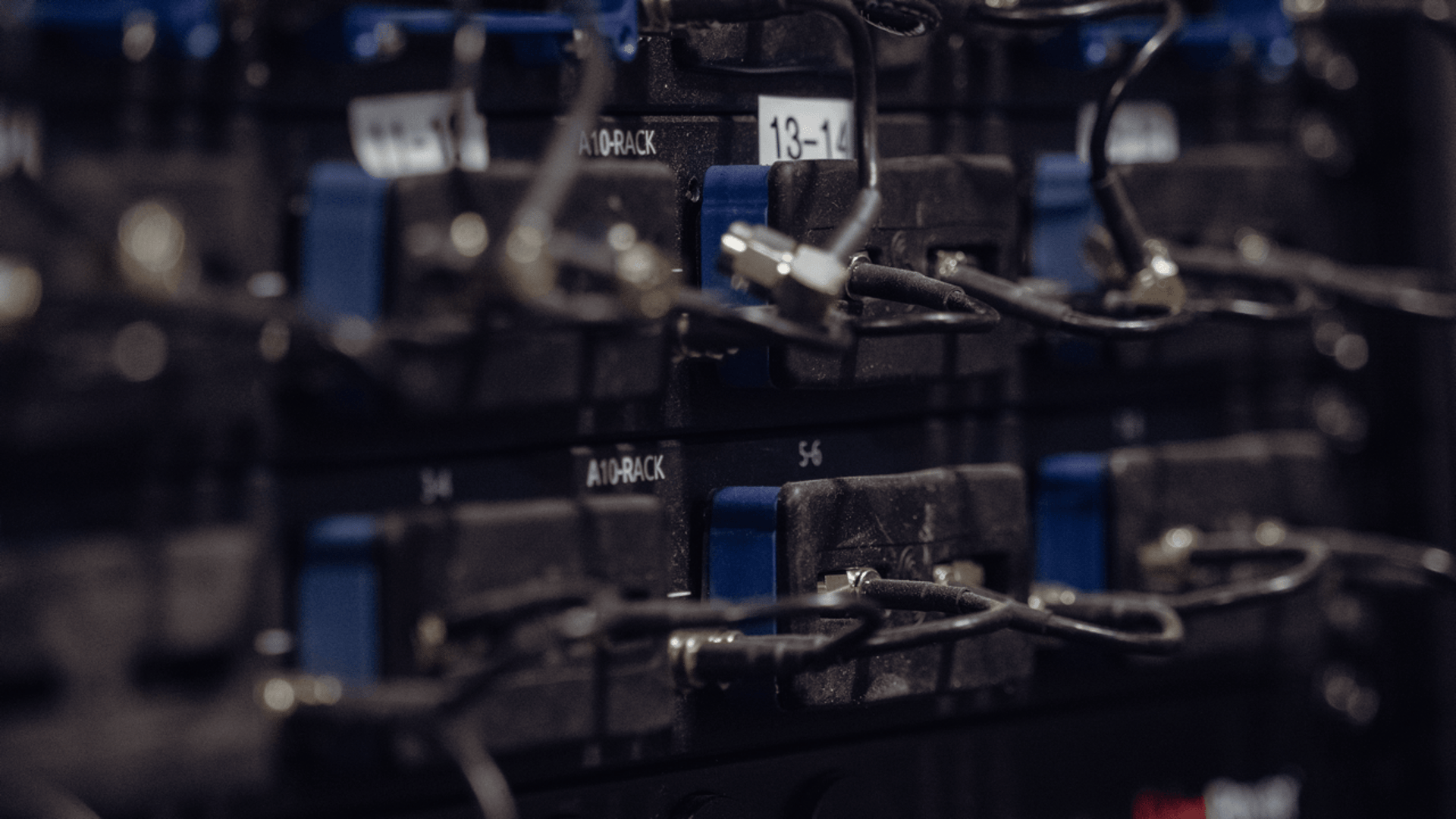
Advice: Let's Collab
This article provides a comprehensive overview of the key considerations for working effectively with a location sound mixer on a film set. It highlights the importance of clear communication and collaboration between the sound mixer and the production team, as well as the need for proper time allocation and respect for the room tone recording process. The article also covers important factors such as mic placement, wardrobe considerations, and on-set personalities, providing guidance on how to overcome common challenges and achieve the best possible audio capture.
ADVICE
As a Producer or Director, it's important to talk to your sound mixer a lot. The sound mixer needs to know exactly what is being filmed, what kind of content it is, and how the sound should be sent. This helps the sound mixer choose the right equipment and where to put it so that the sound fits with the overall vision and makes the final product better. It's important for the production team to keep in touch with the sound mixer, letting them know what's going on and explaining things as needed. So, the sound mixer can focus on getting clean, clear audio, which is an important part of making the film shoot a success.
Respect room tone
Room tone is usually recorded after every scene in a movie. It is used in post-production to improve any new sounds added to a scene, like re-recorded dialogue. It's important to listen to the room tone and stay quiet for 30 seconds. This makes sure that the room tone is recorded correctly and that the background noise stays the same, so there are no problems with continuity in post-production.
Proper time to perform their job
Jokes about "waiting on sound" are often made about the sound department, but the sound mixer still needs time to set up and be ready to go. This means finding the right wireless coordination, mic'ing the talent, putting them in a spot where they won't be seen on camera, and adjusting the gain structure to get the best sound in the scene. It's important to give the sound mixer enough time to do their job right, since getting good audio is a key part of making a good movie.
Bring backup gear
When working with a sound mixer on outdoor shoots or other remote locations that are more prone to cause problems if gear goes down, it's always a good idea for them to bring extra equipment. This could be extra batteries, a spare cable, more lavalier microphones, or something to protect the microphones from the wind. Having extra gear will not only make sure that the sound mixer is ready for any unexpected situations, but it will also make the sound mixer's job easier, more efficient, and more effective. Remember, your crew can't read your mind and don't have all of the same information you might as a Producer.
Listen for sounds around you
On set and during location scouts, it's important to be aware of any noises that might affect the quality of the sound being recorded. This includes things like lights and generators, as well as traffic, construction sites, and other possible noise pollution sources. The sound mixer should be told about these noises so that they can take the steps needed to reduce or get rid of their effect on the sound being recorded. This is especially important if the sound mixer was not able to attend the location scout.
Learn about the tools
Even though sound mixers are very skilled professionals, it's always helpful for the rest of the production team to know how the equipment works. This can include knowing how to use the different kinds of microphones, how to attach lavalier microphones, and how to protect microphones from wind. Knowing about the equipment will help the production team talk to the sound mixer better and give them the support they need.
Stay organized
Lastly, the best way to work with a sound mixer on set is to stay organized. This means knowing the shoot schedule well, taking detailed notes, and keeping track of all the details, such as where the power outlets are, how the cables will be run, and if there are any special needs. By staying organized, the production team can give the sound mixer the help they need to focus on getting clean, clear audio, which will make the final product better.
